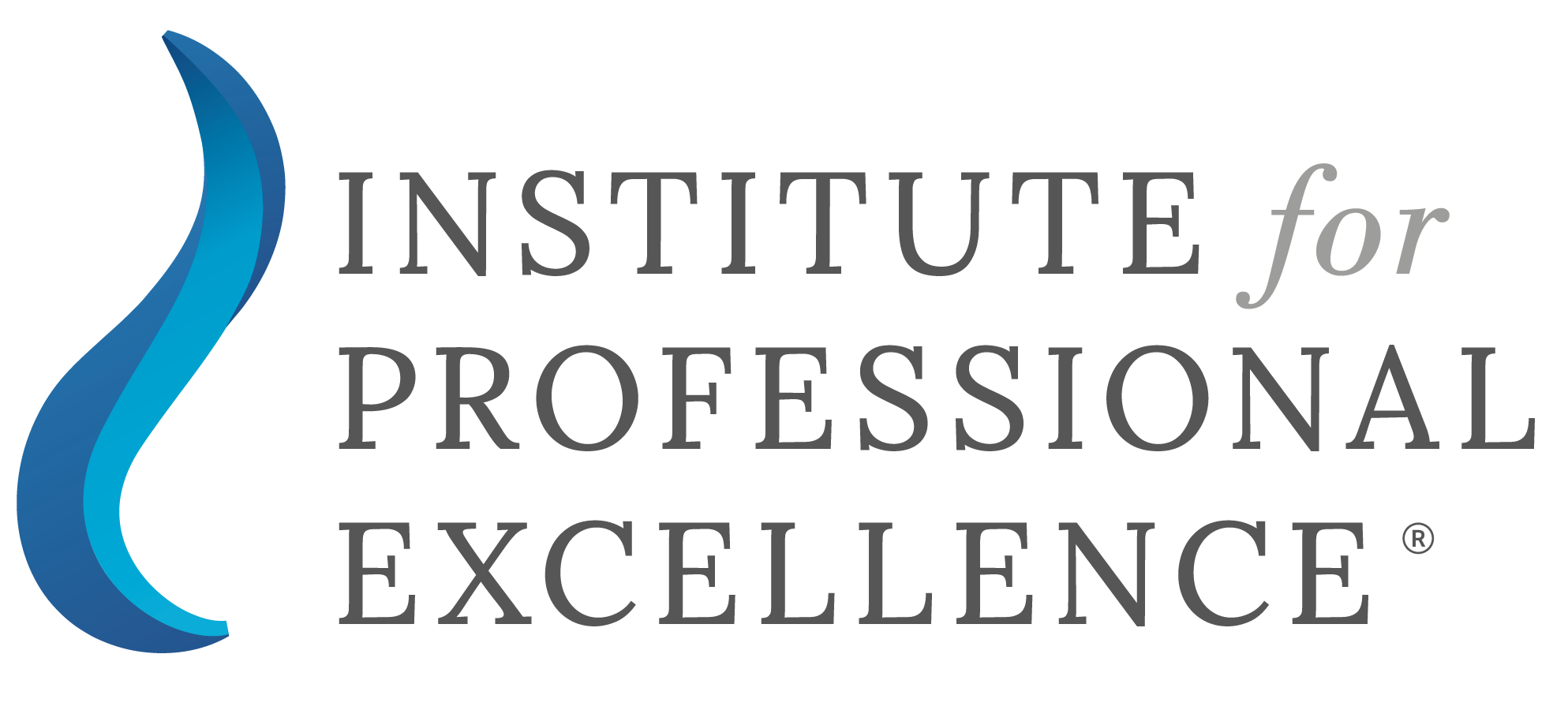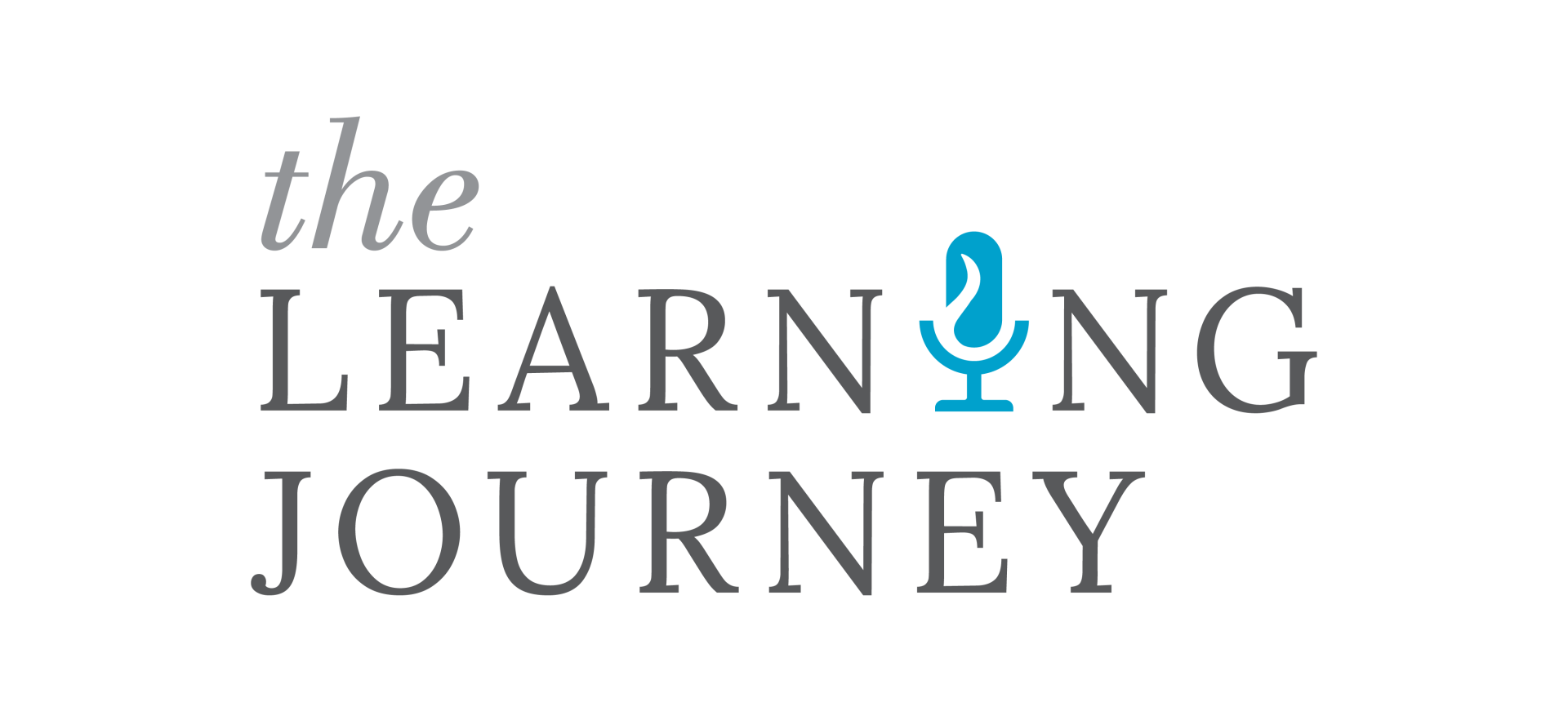The Board of Directors (BoD) plays a pivotal role in defining and steering the strategic direction of Investment Firms and Financial Institutions. In today’s evolving financial environment, the expectations placed upon board members, both executive and non-executive, are not only higher but also more complex.
With this blog post, Despoina Charalampous, an instructor at the institute, explores the key principles behind effective board composition and governance, highlighting the legal, structural, and ethical standards that Boards must meet under the applicable regulatory framework.
We are also pleased to introduce a new CPD-accredited online course, hosted on the IforPE platform, titled: “Understand the Duties and Responsibilities of the Board of Directors in 2025”.
This self-paced course is ideal for professionals employed in Cyprus Investment Firms, Payment Institutions and other regulated entities, who need to navigate governance requirements with confidence.
Board Composition: Legal Framework and Regulatory Expectations An effective board is not simply a regulatory requirement, it is the backbone of a regulated firm’s governance structure. As per Law 87(I)/2017, a Cyprus Investment Firm must appoint:
- At least two Executive Directors, and
- At least two Independent Non-Executive Directors
Each member must demonstrate sufficient knowledge, integrity, independence of mind, and commitment of time. Beyond meeting formal requirements, board members must collectively bring expertise in finance, compliance, legal, and risk management domains, ensuring a balanced and informed approach to oversight.
Governance Responsibilities: Strategic Oversight and Ethical Conduct The BoD is tasked with setting the strategic objectives of the firm, monitoring risk management frameworks, and ensuring the implementation of internal governance mechanisms. This includes:
- Ensuring compliance with financial reporting standards
- Approving and monitoring risk strategies and internal policies
- Overseeing the remuneration framework to align with the firm’s risk appetite
- Cultivating a transparent and ethical corporate culture, free from conflicts of interest
Boards are also expected to engage with sustainability risk factors, including Environmental, Social and Governance (ESG) risks, which are becoming increasingly relevant under prudential regulation.
Time Commitment, Suitability and Committees
Regulators require board members to dedicate sufficient time and attention to their duties. The number of directorships that can be held is restricted, and exceptions apply only under specific conditions.
Additionally, all members must be subject to individual and collective suitability assessments, a formal evaluation of their ability to perform their responsibilities effectively and independently.
Significant, in size and business, firms are expected to establish supporting committees, such as:
- Risk Management Committee
- Remuneration Committee
- Nomination Committee
Each committee shall be composed of qualified members and operate under a documented mandate, reporting back to the full Board. These structures are critical to maintaining sound internal governance.
What is the “Understand the Duties and Responsibilities of the Board of Directors in 2025” course and what does it include?
This course is developed by
SALVUS Funds and delivered by
Despoina Charalampous an Associate of SALVUS Funds, via the IforPE platform. It provides a detailed yet accessible overview of the
composition requirements,
strategic duties, and
internal governance responsibilities of Boards of Directors under the supervision of the Cyprus Securities and Exchange Commission (CySEC) and the Central Bank of Cyprus (CBC).
Learners in this
self-study program will explore practical guidance on:
- Legal and regulatory obligations for Board composition
- Duties and responsibilities of Executive and Non-Executive Directors
- Risk governance, internal controls, and strategic oversight
- Committee structures and their operational mandates
- Suitability assessments and time commitment rules
The syllabus of the Understand the Duties and Responsibilities of the Board of Directors course includes:
- Board of Directors: Composition & Requirements
- Composition
- Sufficient time commitment- Reputation, Honesty & Integrity
- Independence of mind
- Collective knowledge, skills and experience- General Duties & Responsibilities
- Governance arrangements
- Define, approve and oversee
- AML/CFT obligations
- Board of Directors meetings
- Committees
- Significant Investment Firms- Executive vs. Non-Executive Directors
- Management function
- Supervisory function
- AML responsible director
- ICARA Process- Suitability & Diversity of the Management Body
- Key suitability factors
- Diversity and governance
- Suitability & Diversity Policy
- Training - Assessment of the Management Body
- Individual assessment
- Collective assessment
The course content includes downloadable PDF slides and video recordings, allowing learners to study at their own pace, from anywhere.
Upon completion, learners will be able to assess their knowledge through a set of self-evaluation questions. Successful completion contributes towards Continuous Professional Development (CPD) requirements, recognized by CySEC for both Advanced and Basic certification holders.

